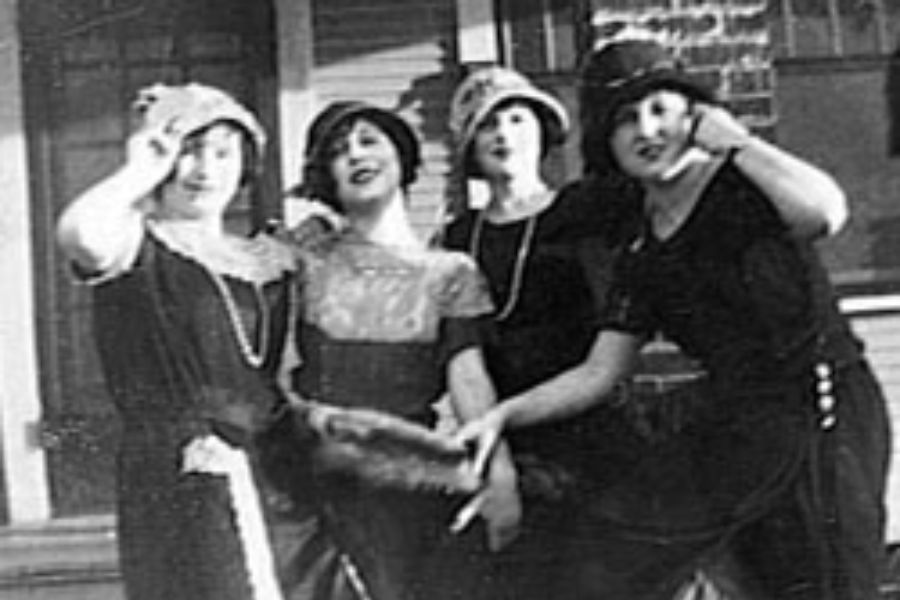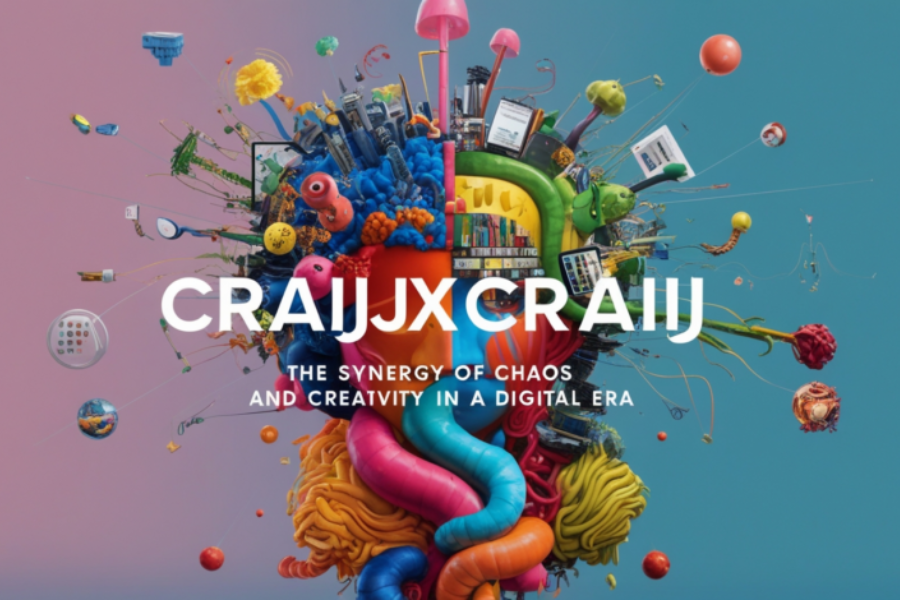Shifting Interest in Crossword Challenges: Exploring New Horizons
The New York Times (NYT) crossword puzzle has long stood as a pillar of intellectual engagement, admired for its intricate clues and thought-provoking design. Yet, there has been a noticeable shift in the crossword community, with many puzzle lovers finding themselves no longer a fan of NYT crossword puzzles. This growing trend, commonly known as “crossword fatigue,” has fueled a rise in the popularity of other word games, attracting those looking for new challenges. In this article, we delve into the reasons behind this change, its impact on puzzle creators, and the fresh alternatives that could reignite your passion for word games.
The Prestige and Legacy of the NYT Crossword Puzzle
For decades, the NYT crossword has been synonymous with prestige and intellectual rigor. It’s a puzzle that has been part of The New York Times since 1942, and over the years, it has become a symbol of mental sharpness. Solvers often regard completing the NYT crossword as an intellectual milestone, a testament to one’s vocabulary and critical thinking skills. Crossword creators like Will Shortz have elevated this puzzle format, transforming it into an artful endeavor. However, as times change, many are no longer a fan of NYT crossword puzzles, citing various reasons for their shift.
The NYT crossword’s significance stretches beyond its print form. It has made notable appearances in films, television, and literature, solidifying its position as a cultural touchstone. However, with shifts in how we consume media and an increasing focus on digital engagement, the appeal of this crossword puzzle has been evolving. Many have found their attention spans shorter, and digital distractions are more prevalent, causing some former fans to look elsewhere for their puzzle fix, with many admitting to being no longer a fan of NYT crossword puzzles.
Changing Tastes and Preferences Among Crossword Enthusiasts
Why are more puzzlers no longer a fan of NYT crossword puzzles? The reasons vary widely, reflecting the diverse preferences of the community. For some, the puzzles may feel repetitive, with familiar themes and clues appearing too frequently. Longtime solvers might get the sense that they have exhausted all the challenges the NYT puzzle offers. Others struggle with the difficulty, as the puzzles can be intimidating for beginners or those looking for a less demanding experience.
Feedback from both loyal fans and those who’ve drifted away from the puzzle paints a picture of shifting desires. Some puzzle enthusiasts still enjoy the challenge, but others crave something new and different. The growing trend of digital puzzles, which offer instant gratification and a variety of formats, has further contributed to this change. The quest for fresh experiences and more accessible options is leading many puzzlers to explore alternatives. It’s clear that many are no longer a fan of NYT crossword puzzles, seeking out something more engaging and enjoyable.
The Effect on Puzzle Creators and the Evolution of Crossword Design
The shift in puzzle preferences is also influencing content creators and puzzle publishers. As tastes evolve, crossword constructors must adapt their designs to meet the needs of a more diverse audience. The digital revolution offers endless creative possibilities, allowing puzzle creators to incorporate interactive features and multimedia elements into their designs.
Publishers are also rethinking how they distribute crossword puzzles. With the advent of mobile apps and online platforms, puzzles can now be accessed instantly and tailored to individual preferences. The challenge for creators is to maintain the puzzle’s traditional appeal while also integrating innovative features that cater to the changing needs of today’s audience. For those who are no longer a fan of NYT crossword puzzles, these innovations may present new opportunities to rediscover the joy of puzzle-solving.
Exploring New and Exciting Word Game Alternatives
For those who are no longer a fan of NYT crosswords, there are plenty of alternative word games available that provide fresh challenges. These games are designed to cater to a wide range of tastes and skill levels. Below are some of the most engaging options to consider:
- Wordle:
This popular daily puzzle asks players to guess a five-letter word within six attempts. Its straightforward nature, combined with the thrill of the challenge, has made it an internet sensation.
- Spelling Bee:
Offered by The New York Times, Spelling Bee tests players’ ability to form words from a specific set of letters. This game blends vocabulary skills with creative thinking.
- Scrabble GO:
A digital spin on the timeless classic, Scrabble GO allows you to compete against friends or random players online. It’s a perfect destination for those who love forming words and testing their vocabulary in a competitive format.
- Crossword Pairs:
This innovative game takes a unique approach by pairing crossword clues with memory-based challenges, adding a new layer to traditional puzzle-solving.
- Boggle With Friends:
A fast-paced game that challenges players to find as many words as possible in a limited amount of time. It’s ideal for quick, fun bursts of word exploration.
These games provide alternatives that address the reasons why many have grown weary of NYT crosswords, offering new ways to engage with language and improve vocabulary skills.
What Lies Ahead for Puzzle Lovers?
What does the future hold for the world of word games and puzzles? The possibilities are vast, especially with new technologies emerging. Tools like augmented reality and artificial intelligence could soon change the way puzzles are designed and experienced. Imagine interactive crosswords that adjust to your skill level or word games that combine both physical and digital elements for a more immersive experience.
Despite the rapid advancements, one thing remains unchanged—our collective love for mental challenges. The joy of solving puzzles goes beyond simply finding answers; it’s about the thrill of discovery and the satisfaction that comes from solving complex problems. And for those who are no longer a fan of NYT crossword puzzles, these new experiences can reignite that passion for puzzle-solving.
Key Facts:
- Crossword Fatigue:
Many puzzle enthusiasts are experiencing “crossword fatigue” and are no longer a fan of NYT crossword puzzles, leading them to seek alternative word games and puzzles that offer new challenges and experiences.
- Shifting Preferences:
The decline in interest in NYT crosswords is driven by factors like repetitive themes, difficulty levels that may deter beginners, and the rise of more immediate, digital word games that cater to diverse preferences.
- Impact on Puzzle Creators:
Puzzle creators are adapting to these changing tastes by incorporating interactive features and multimedia elements, as well as moving to digital platforms to cater to a broader audience.
- Popular Alternatives:
For those no longer a fan of NYT crossword puzzles, alternative word games like Wordle, Spelling Bee, Scrabble GO, Crossword Pairs, and Boggle With Friends are gaining popularity, offering fresh, engaging experiences for different skill levels.
- Technological Advances:
The future of word puzzles is being shaped by technologies like augmented reality and artificial intelligence, which could provide more personalized and immersive puzzle-solving experiences.
Wrapping Up
If you’re feeling crossword fatigue, exploring alternative word games could help reignite your passion for wordplay. Whether you enjoy quick daily puzzles or prefer a more intense mental workout, there’s something for everyone. We encourage you to explore the games listed above and join the puzzle community to share your experiences. With the ever-changing landscape of word games, there’s always something new and exciting to discover. Happy puzzling!
Frequently Asked Questions
Why have some people stopped enjoying NYT crosswords?
For many, the NYT crossword has become repetitive, which can lead to what’s known as crossword fatigue. Additionally, the rise of digital entertainment has shifted people’s attention toward more immediate and engaging word games.
What are some good substitutes for NYT crosswords?
There are several fun and challenging alternatives, such as Wordle, Spelling Bee, Scrabble GO, Crossword Pairs, and Boggle With Friends. Each of these games provides a unique twist on word puzzles, catering to a variety of preferences.
How are crossword creators responding to changing interests?
To meet the evolving needs of puzzlers, crossword constructors are now incorporating interactive features and multimedia elements into their designs. They are also shifting toward digital platforms like mobile apps and websites to reach a wider audience.
How is technology shaping the future of word puzzles?
Technology is playing a significant role in the future of puzzles. Innovations like augmented reality and artificial intelligence are opening up new possibilities for creating more personalized and interactive puzzle experiences.
Can I still enjoy NYT crosswords if I’m feeling burnt out?
Definitely! Taking a break or trying out different word games can help reignite your enthusiasm for NYT crosswords. The challenge and intellectual satisfaction of solving these puzzles still hold great appeal for many.
Stay in touch to get more news & updates on Get Break News











